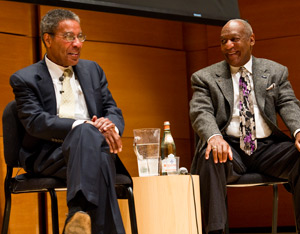
Is Racism a Disease?
The pathological perspective ignores the historical character of racism and race and fixes individuals (perpetrator and victim) in place and, notably, outside of time. In lieu of understanding the conditions that shape the vast inequities that exist within society, explanations that naturalize racism lead us to believe that it is a universal and unchanging force. This way of seeing reinforces and perpetuates the notion that racism is a problem lodged permanently in people’s heads and bodies, not a problem of public policy. The rise of unprecedented levels of inequality offers us an opportunity to comprehend the ways capitalism harms the vast majority of its subjects. We can choose to unite in the struggle against the damage present social relations inflict on all human life, or we can proliferate more categories that pathologize and divide us.
